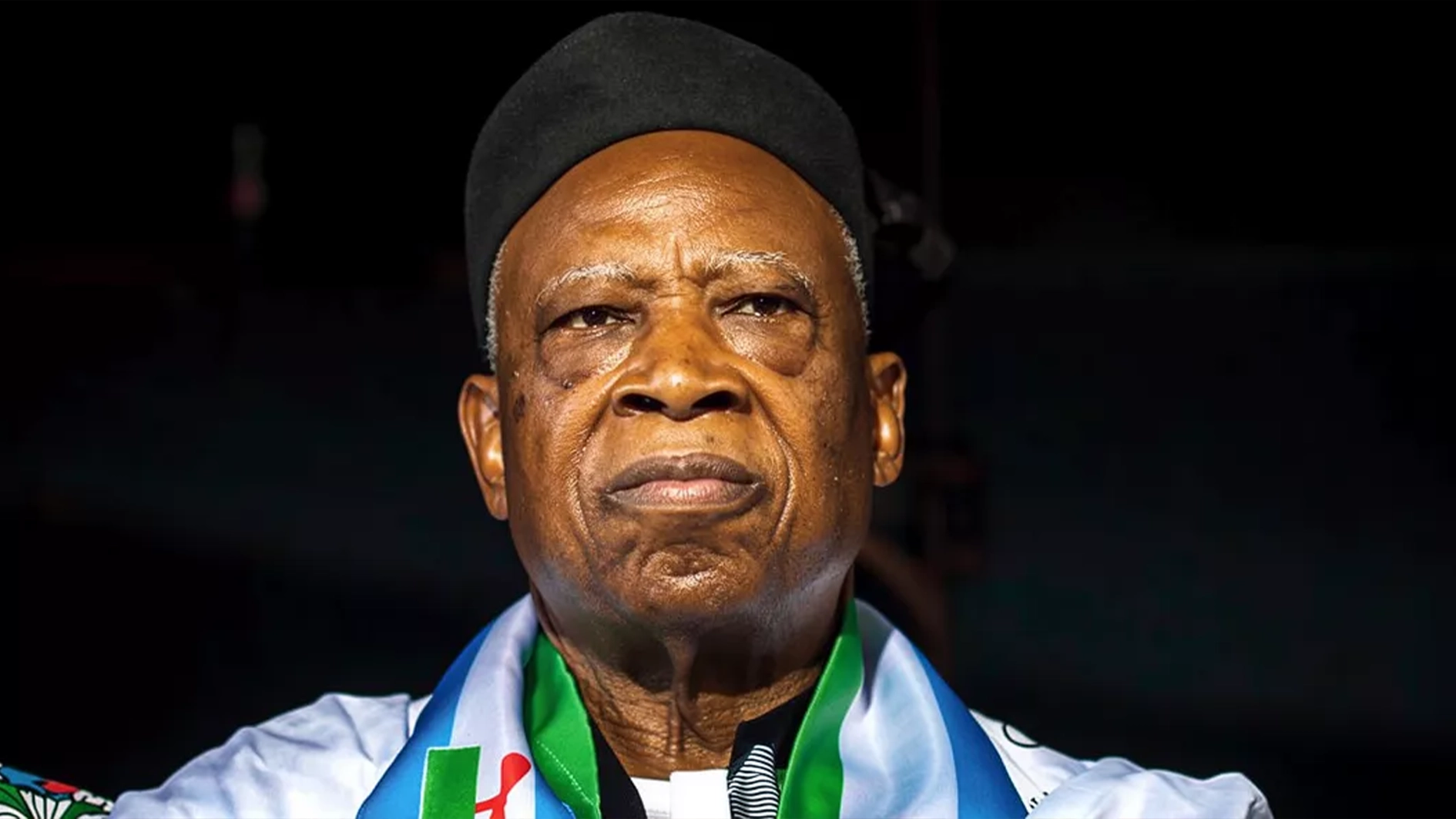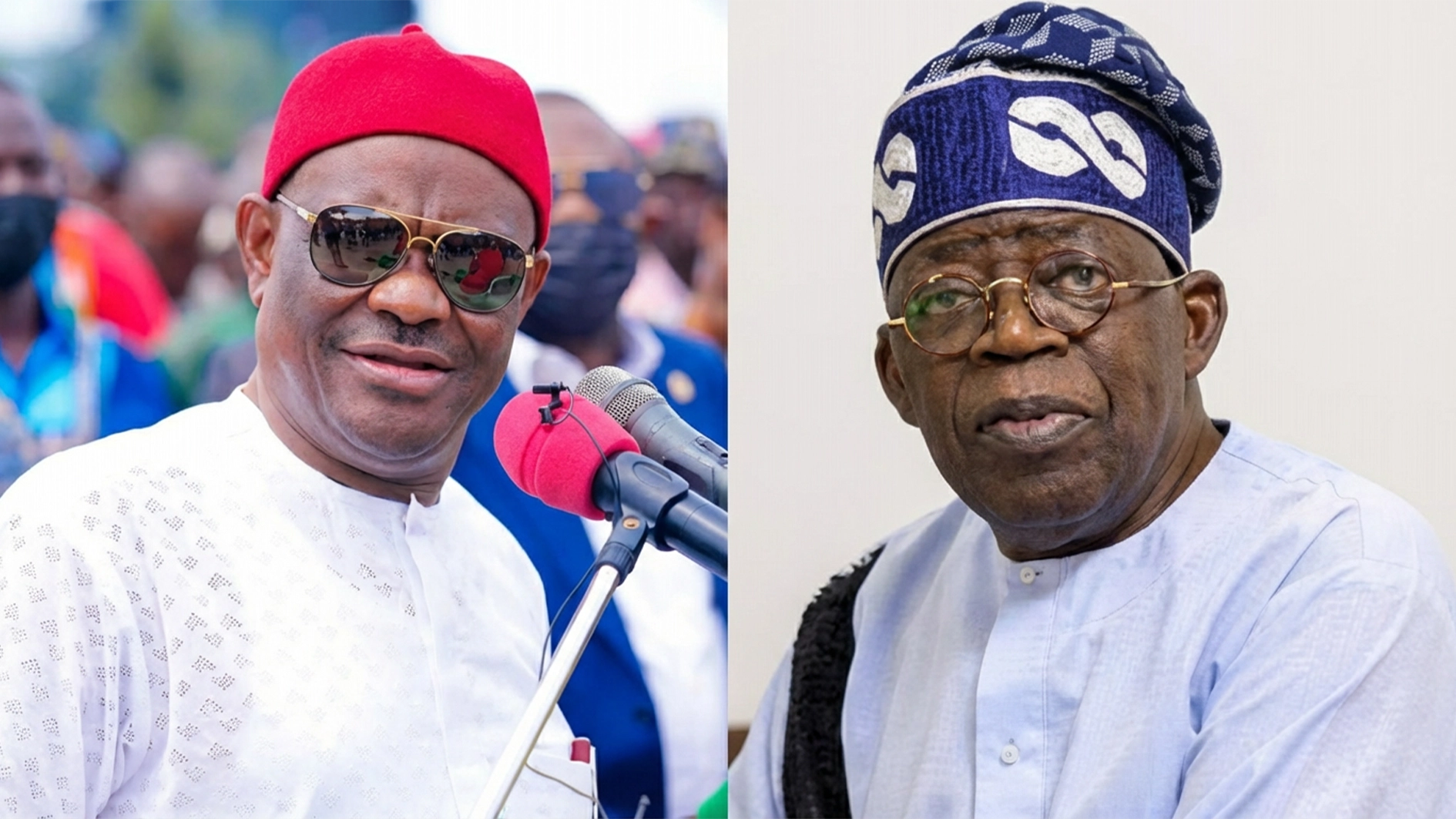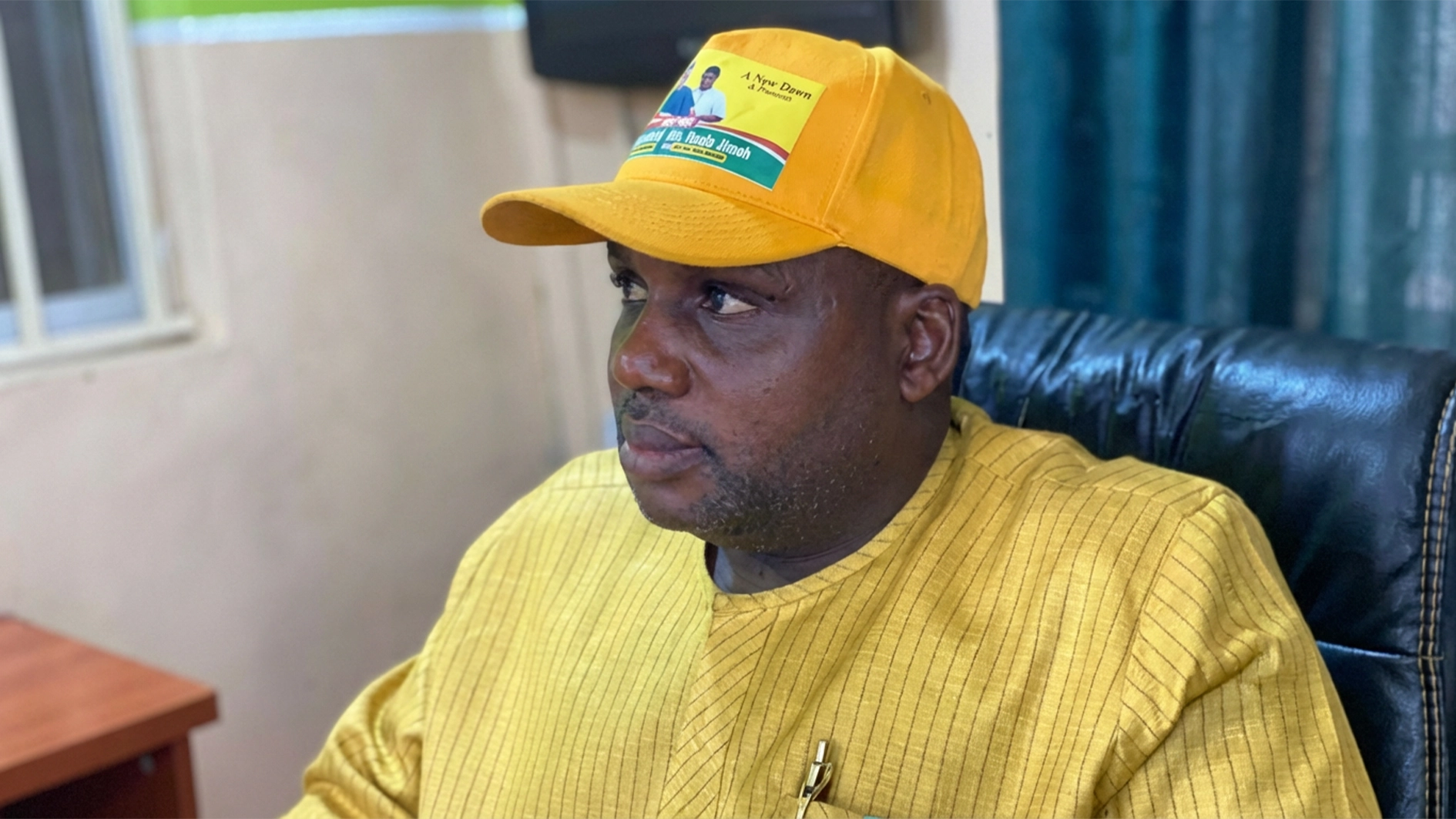
Former Governor of Akwa Ibom State, Obong Victor Attah, insists that 21 years of Nigeria’s unstable democracy can only be mitigated by economic diversification and resource control for the country’s process of rebirth to begin
Nigeria’s stable democracy after 21 years seems to be facing a lot of challenges. Are we truly democratized? What institutions do we need to strengthen to make our democracy work?
I can write a whole book and, indeed I have written several articles and published numerous papers on this subject. Let me start by taking issues with the two words you have used to describe us – “stable democracy”. Anybody that thinks that Nigeria today is stable is living in a fool’s paradise and whoever describes what we are operating in Nigeria as democracy is practising self-deception. All we have had in the last 21 years is succession of civilian governments and thank God this has not been interrupted but that does not make it stable.
Believe me, it is quite difficult to know where to begin. Not so long ago, Arewa youths served quit notice on the Igbo and the reason they gave was that the Igbo themselves had said that they wanted to leave Nigeria. Now we are told that Biafra has been admitted as the 46th member of Unrepresented Nations and Peoples Organization (UNPO). Interestingly, this came on the heels of the Yoruba nation’s admission as the 45th member of the same body. Does that sound like stability for Nigeria?
It started in Plateau and Benue States; now, it has spread south to Delta, Enugu, Ebonyi, down to Cross River and Akwa Ibom States. People cannot sleep with their eyes closed; people cannot go to their farms and hope to return. Whenever anybody travels by road you know it may not be au revoir but adieu.
Kaduna, Katisna, and Zamfara States have not been spared, not to mention the killing fields in the North East. How can we talk about stability when we have a situation in which a government will be negotiating with bandits? Two days ago, the screaming headlines on the front page of a national newspaper was that in five months, nearly three thousand Nigerians had been killed. Every day we have reports of large catches of arms and ammunition being intercepted or discovered and that is just a tip of the iceberg. Stability, no; the country is very shaky and you better believe it.
As for democracy, how can we say that we are practising democracy when the very constitution that we are using is, strictly speaking, a military promulgated decree? We cannot have an election at any level that produces the will of the people. Even in the choice of candidates! What manner of democracy are we talking about?
Let me ask you, when is the last time you had a meaningful discussion or just a mere conversation on any issue with the person that is supposed to be your representative at any legislative assembly – local, state or federal? How can he be your representative when you don’t even know him, can’t see him or have any interaction with him? How can you hold him accountable? If you cannot freely elect the person that is supposed to represent you or govern you, and you have no means of holding him accountable, then you have no democracy.
As an architect, I was taught that there is no one solution to a design problem, but in the case of Nigeria, I stick my neck out and insist that there is only one solution to all our problems. The solution lies in finding answers to all the problems that are causing instability and blocking our practice of democracy. It is as simple as that, but how do we find those answers? That is the question.
We must find a way to give ourselves a constitution that everybody would have subscribed to, and that constitution must provide for the practise of federalism, with the federating units enjoying a large measure of autonomy while the centre administers us and retains sovereignty. That, I believe, is what restructuring is all about but now I choose to rebrand it as ‘new birth.’
This we must do because if we fail, and time is running out, the consequences will be disastrous. Nigeria must not be allowed to split, for, if it does, it will splinter in a manner worse than what we witnessed in the Soviet Union or in Yugoslavia. Before we can talk about strengthening our democracy, we must first have to establish it and the one instrument, rather than institutions that we need for that, is a new constitution that guarantees true federalism.
What about the issue of corruption, what are the ways to deal with the monster or cancer called corruption?
Let me ask you, do you realise the magnitude of corruption that is plaguing this country? Let me ask another question that may give you a clue. Do you realise that since the advent of oil, Nigeria has earned more money by far than the total amount that was required to reconstruct all of Europe after the World War II? Yes, that is true. Can you imagine if just a reasonable fraction of our earnings was actually used for the development of this country, can you imagine where we would be by now?
A serving governor told us the other day that we cannot stop the oil theft because those with the responsibility and the means to prevent the theft are in fact involved in the stealing. A former governor is reported to have told EFCC that he spent billions of naira of what was supposed to be his security vote to bribe members of his House of Assembly. A serving minister is crying that a lot of pressure is being mounted on him to release illegal gold miners who are sabotaging our economy. So where do we go?
Crime should be punished, but in Nigeria it is protected. Added to that is the sad fact that there are sacred cows that cannot be touched. An attempt was made to introduce whistleblowing as a strategy but it was corrupted and we have not heard any more about it. Some of those who dared to expose some of these corrupt practices ended up being victimised. I think we should all read Henrik Ibsen’s An Enemy of the People. President Muhammadu Buhari has said we must kill corruption otherwise corruption will kill us. You can take that as a truism but sadly corruption is winning and the country is dying slowly – perhaps not so slowly – but surely.
How do we deal with the monster? Simple: change the system that breeds this monster. Restructure; give back a sense of ownership to the people. Once people realise that this thing that is being stolen is being stolen from them and the system provides them with an effective means of protest, they will react.
As COVID-19 crisis continues to take a toll on global and domestic economies, market capitalization depreciates on a daily basis. Does it mean that the country will experience recession again?
I am afraid the direct answer to that question has to be ‘yes’. There is a strong probability of that happening. The governor of the Central Bank of Nigeria is doing a commendable job but I doubt that he can stop recession. For so long we have been shouting until we are hoarse, that we must diversify. I think COVID-19 has brought it home forcefully to us, not just the need but also the urgency with which we must diversify our economy. It should also be obvious that diversification along with resource control are embedded in the programme of rebirth that we are advocating for the country.






